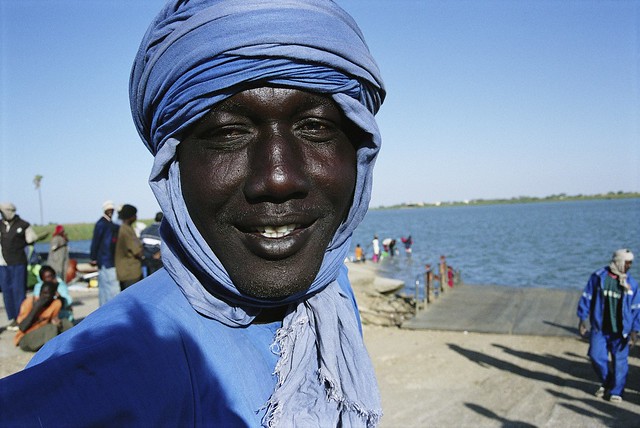Bordered to the north by Guinea Bissau, Senegal, and Mali, and to the south by Sierra Leone, Liberia, and Côte d’Ivoire, Guinea enjoys sizeable endowments of natural resources, energy opportunities, and arable land. In 2024, the country's population is estimated at 14.53 million. As the country's largest employer, the agriculture sector plays a key role in poverty reduction and rural development, providing income for 57% of rural households, and employment for 52% of the labour force.
In addition to this sector, natural resources, processing industries and services are economic assets for Guinea. But to reap their full benefits and accelerate the process of structural transformation, the country needs to improve its governance.
Guinea also derives most of its export revenues from mining. Experience shows, however, that mining and hydropower can have direct and indirect negative impacts on biodiversity and the environment. These potential risks will need to be carefully managed. Another major challenge for Guinea is youth unemployment and gender inequality.
Political Situation
In July 2023, following the historic verdict concluding the trial for the September 28, 2009, massacre, which marked an important step in the fight against impunity, the National Council for Transition presented the draft constitution, which is expected to be put to a referendum at the end of 2024, a prerequisite for the presidential election scheduled for 2025.
In September, a delegation from ECOWAS met with the government to assess the progress of the transition timetable as agreed. As part of efforts to establish a reliable electoral register, the government reaffirmed its commitment to follow the ten steps of the transition and emphasized the need for financial support.
Economic Overview
- After growing at 6.7% in 2023, driven by strong mining sector performance, growth is expected to moderate to 5.3% in 2024, partly due to the impact of the December 2023 fuel depot explosion and power outages on the non-mining sector.
- Inflation accelerated to an average of 8.5% during the first half of 2024, due to the temporary impacts of the December 2023 fuel depot explosion and the reduced electricity supply. However, after peaking at 9.3% year-on-year in January 2024, just after the explosion, inflation dropped to 8.1% in June 2024.
- Increased capital spending and higher interest payments, combined with slightly lower revenues due to the impact of the explosion on the non-mining sector, widen the fiscal deficit, estimated to reach 3.0% of GDP by end-2024.
- The increase in real GDP per capita, combined with a slowdown in food inflation, is expected to reduce the poverty rate (less than $3.65 per day, 2017 purchasing power parity) to 49.9% in 2024.
- Growth is projected to be sustained at an average of 6.2% in 2025-2026 driven mainly by investment.
- Downside risks include uncertainties in the timing of the political transition, which could slow reform implementation, and spillovers from conflicts elsewhere in the world, which could trigger a new wave of trade disruptions and inflation. On the upside, the start of the Simandou iron mine operations would boost exports and growth.
Last Updated: Oct 23, 2024







